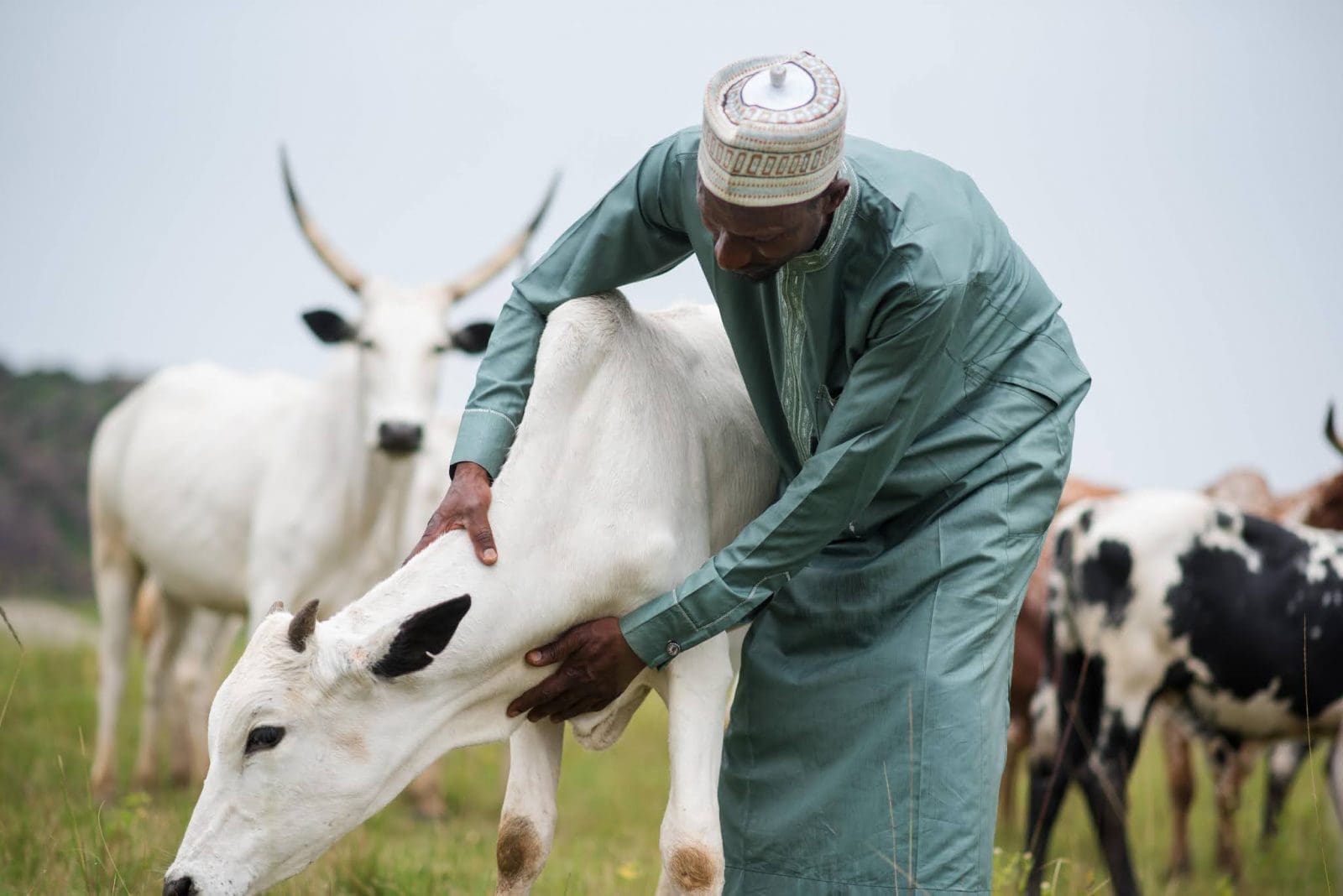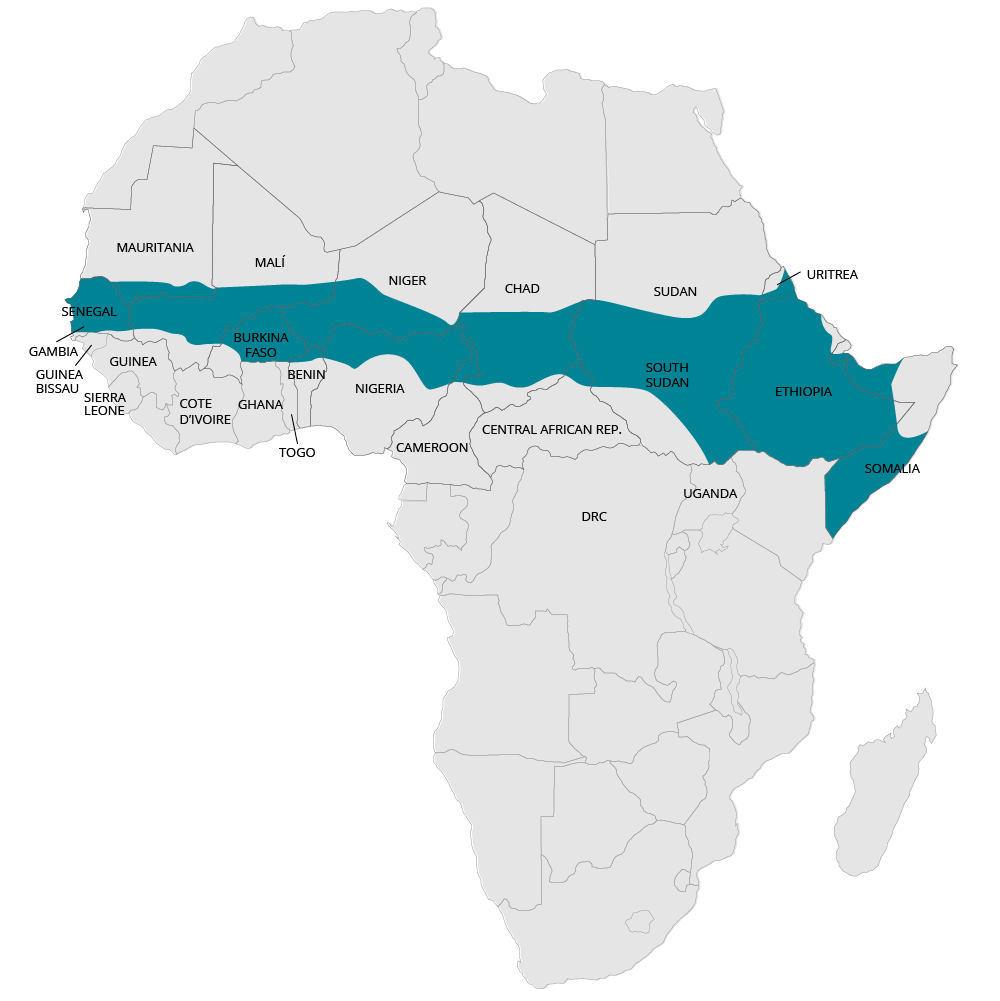
Drawing on a wealth of research and programmatic experience across the Sudano-Sahel, from Mali to Sudan, the Toolkit serves three objectives:
- Provide a framework for interveners to assess the sources of pastoralism-related conflict in their own context and identify opportunities for engagement;
- Highlight lessons learned from the Sudano-Sahel on “what works;”
- Promote multi-sectoral collaboration by illustrating how development, conservation, and trade all play an essential role in addressing this crisis.
This toolkit helps users design interventions to fit the needs of their context. It includes an overview of the subject, seven thematic modules, and a library of additional resources. Jump to the section that best suits your interests!
Introduction to Pastoralism and Conflict – Want to learn more about the intersecting drivers of conflict in the Sudano-Sahel? You can find an overview of the issue here.
Modules – Each of our seven modules is tailored to a different theme, and outlines 3-5 tools and strategies that can be used to address a component of pastoralism-related conflict. The content is based on a review of past programs and includes guidance on what makes these interventions succeed or fail. Each Module also contains a brief list of questions to guide context analysis and planning, and links to external resources. Search through the module(s) that best suit your work and find lessons learned that can be adapted to your needs.
- Rural Development
- Environment and Conservation
- Governance & Rule of Law
- Regional Integration
- Gender & Women’s Empowerment
- Conflict Management
- Law Enforcement & Counterterrorism
Search Across Modules – If you would like to explore the content across the seven modules, you can use our search function to find the tools and strategies that are relevant to you. You can sort our list of intervention strategies by type (policy, programmatic, public diplomacy) or cross-cutting theme (security, governance, communications, social cohesion, trade and livelihoods).
More Resources – Interested in learning more? Check out our library of external research and tools, and our interactive map of programs that are using the intervention strategies highlighted in this toolkit.
Pastoralism – and farming – is a livelihood and production system that is deeply connected with culture, identity, and socio-political organization. Debate over the role of pastoralism in the African economy is also a debate over the culture and lifestyle of pastoral communities. It is all too easy to focus on economic and development policies without sufficient consideration of how they will impact the social relationships between groups whose identity is closely intertwined with their livelihood.
Pastoralism is an essential livelihood and potential source of tension between communities in the regions where major conflicts are unfolding – The conflict dynamics discussed in this Toolkit have fueled widespread violence, social unrest, and insecurity for economically or politically marginalized populations. The escalating scale of violence presents an urgent need for a coordinated and strategic response.
The future of pastoralism as a production model is contested – The efficacy of pastoralism as a dryland livestock production system and its social and environmental impact is the subject of ongoing and fierce disagreement among policymakers and experts. The lack of consistent policies creates tensions around resource governance, food production, and cross-border movement that can escalate into violence and undermine regional stability.
The impacts of climate change, demographic growth, and changing production systems on pastoralism will only become severe – The pastoral livestock value chain involves millions of herders, farmers, and businesses. When this system is disrupted by violence, forced displacement, or failed land management, the consequences ripple across the region, threatening food security and economic stability.
